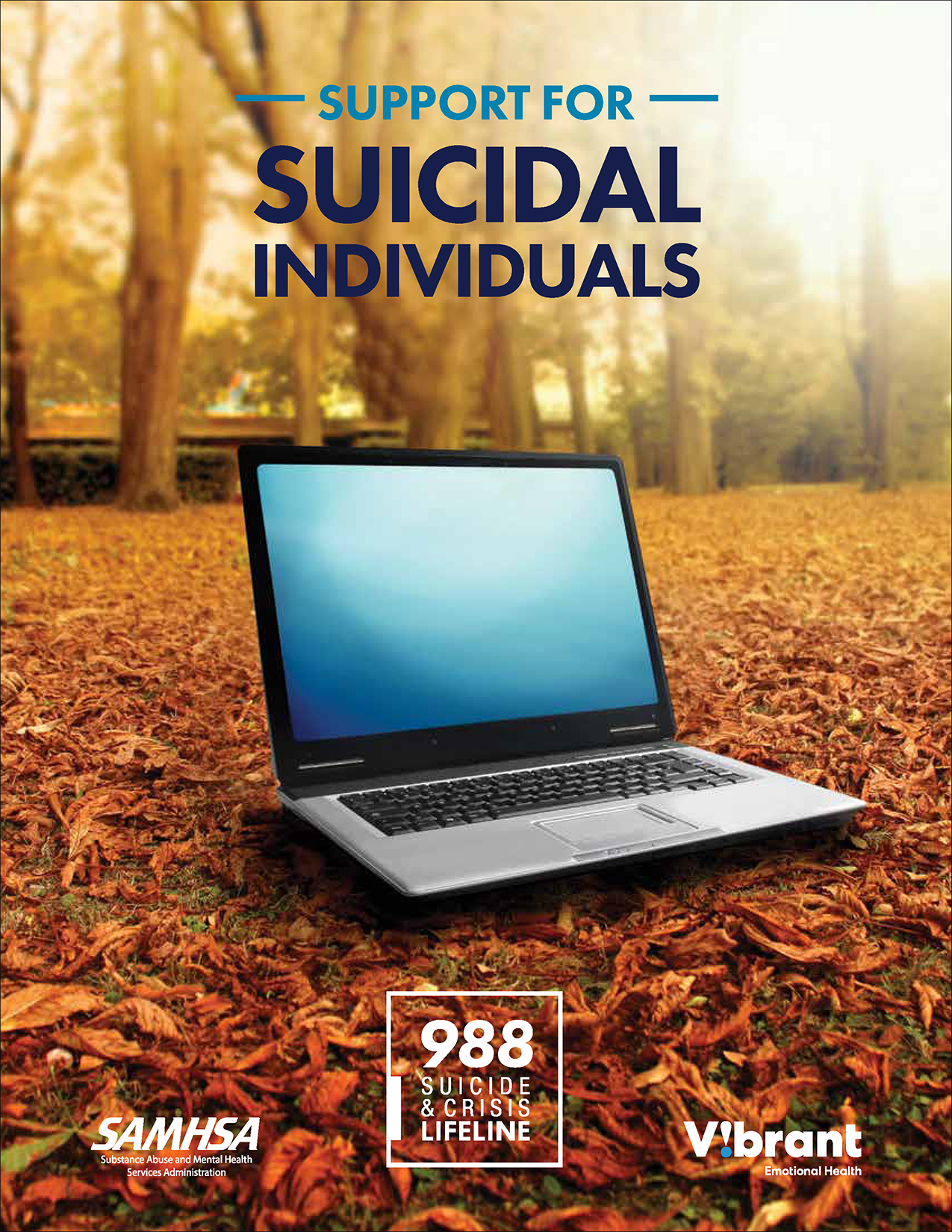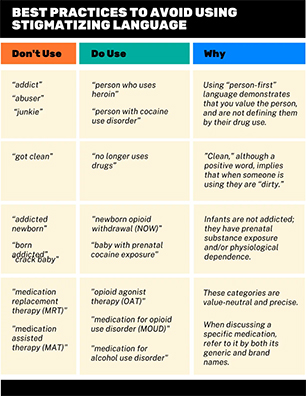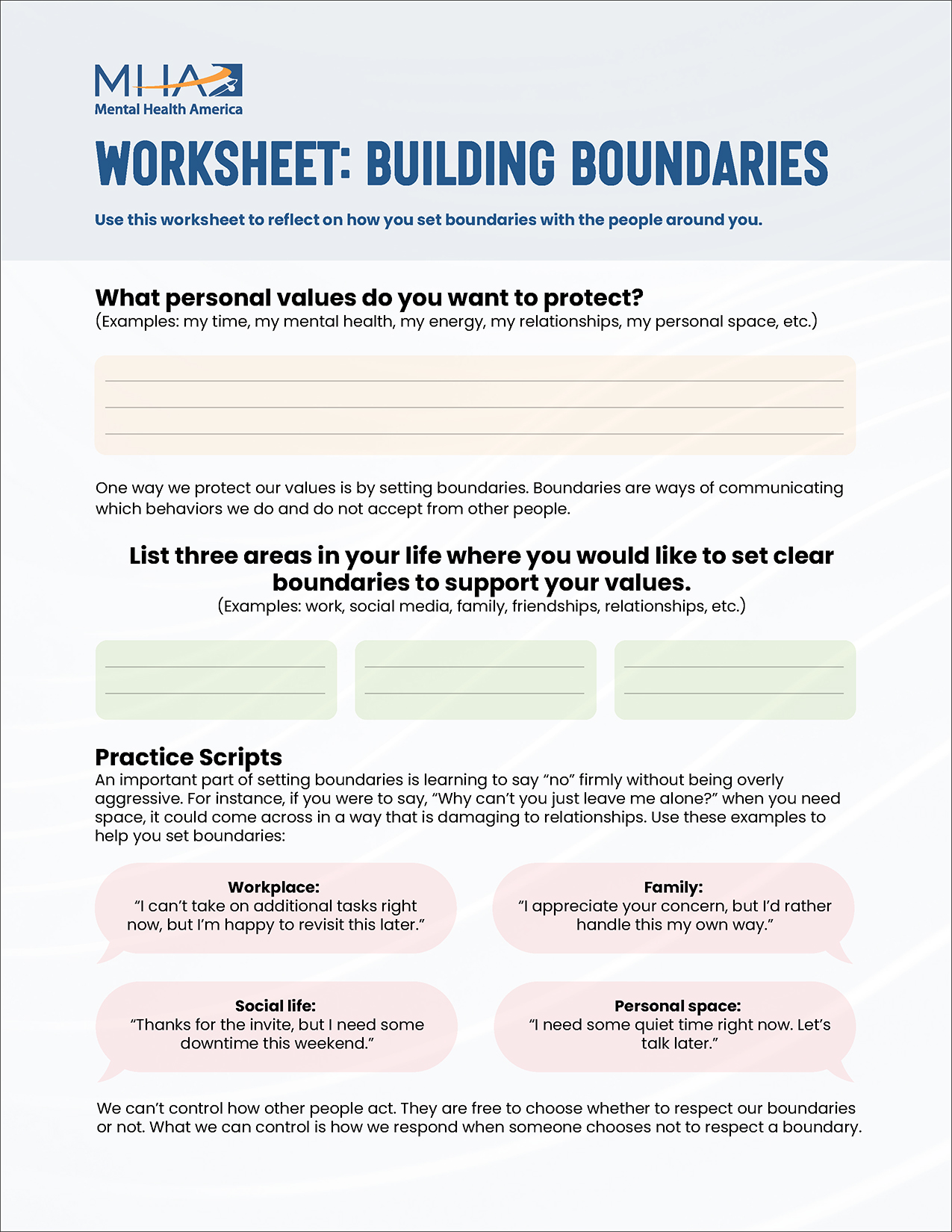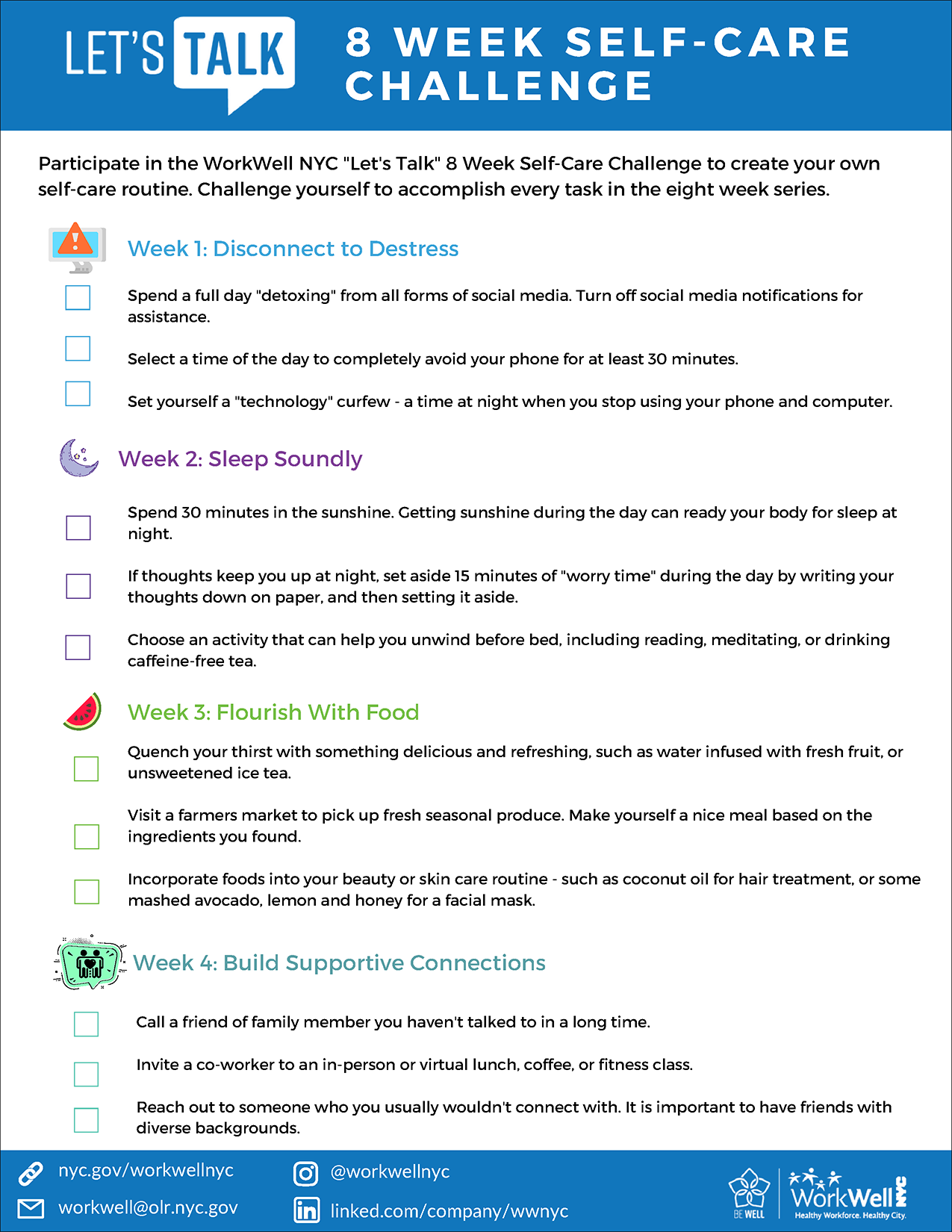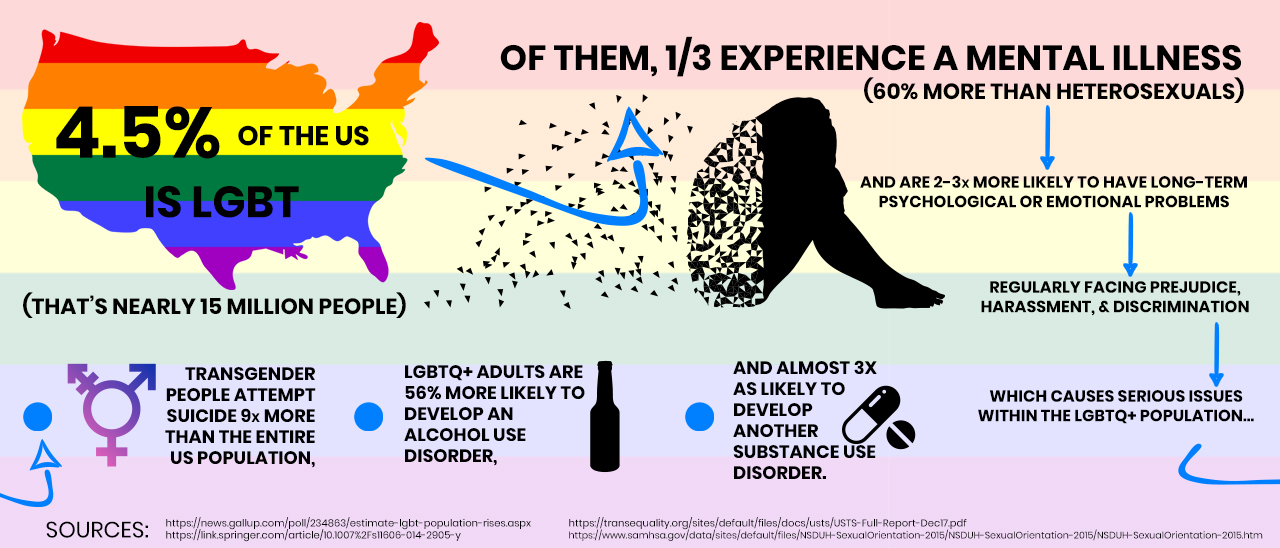LGBTQIA+
Mental Health and Substance Use
Dallas County Health and Human Services - 2377 N. Stemmons Freeway, Dallas, TX 75207
Telephone: 214-819-2000
Rates of substance use, and mental health conditions are higher among people in the LGBTQIA+ community than other sectors of society. This community often faces social stigma, discrimination, and other challenges not experienced by people who identify as heterosexual. As a result of this, the LGBTQIA+ community are at an increased risk for various behavioral health issues.
Please visit the Healthy Life Recovery page for more data around mental health and substance use in the LGBTQIA+ community.
 |  |
Find Help in Dallas County:
- Click here to link you to our website.
- Put in your zip code.
- Navigate to the top bar to find resources for: mental health, housing, food, support, transportation, work, financial assistance, and legal.
- You can set personal filters, program filters, and income eligibility.
Alcohol and Substance Use Prevention
DCHHS is dedicated to supporting the community in addressing alcohol and substance use. Visit the website below for services, including the overdose prevention hotline, harm reduction programs, and mental health resources.
Mental Health Resources for Youth
The Equality Texas Mental Health Toolkit is designed to help parents and caretakers support the mental well-being of LGBTQIA+ youth by providing accessible resources and stigmafree support. Whether you’re navigating your own mental health or supporting someone else, this toolkit offers practical guidance for accessing care, advocating for yourself, and understanding your rights.
Key Takeaways:
- You have the right to mental health care that respects your identity
- Trusted adults and LGBTQIA+ therapists can be powerful allies
- It’s okay to ask for help – there are safe spaces and crisis lines available
- Feeling seen and supported can make a big difference in your well-being
- You are not alone – community support is out there
For more information on mental health please see the tool kits and resources below:
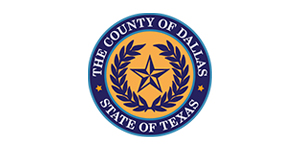
LGBTQIA+ Friendly Support Groups, Counseling Services, and More
Visit this site and select personal filters such as “lgbtqia+” or “transgender or non-binary" to find resources in Dallas County that meet your needs.
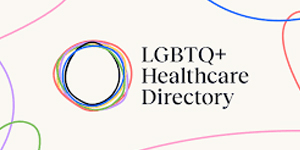
LGBTQ+ Healthcare Directory
Visit this site to find LGBTQ+ friendly healthcare near you.

LGBTQIA+ Friendly Drug and Alcohol Rehab Centers in Dallas
Visit this site and filter the programs to “LGBTQ Friendly” to find rehab centers in Dallas that meet your needs.
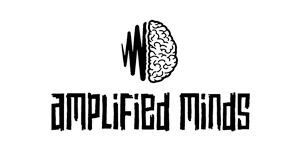
Amplified Minds
Amplified Minds is a nonprofit organization focused around providing free mental health and recovery services while working to destigmatize the conversation around mental health. They have virtual and in-person LGBTQIA+ support groups.
Mental health looks different for everyone. Visit www.depressionlookslikeme.com to see other’s stories, to erase the stigma, and to know that you are not alone.
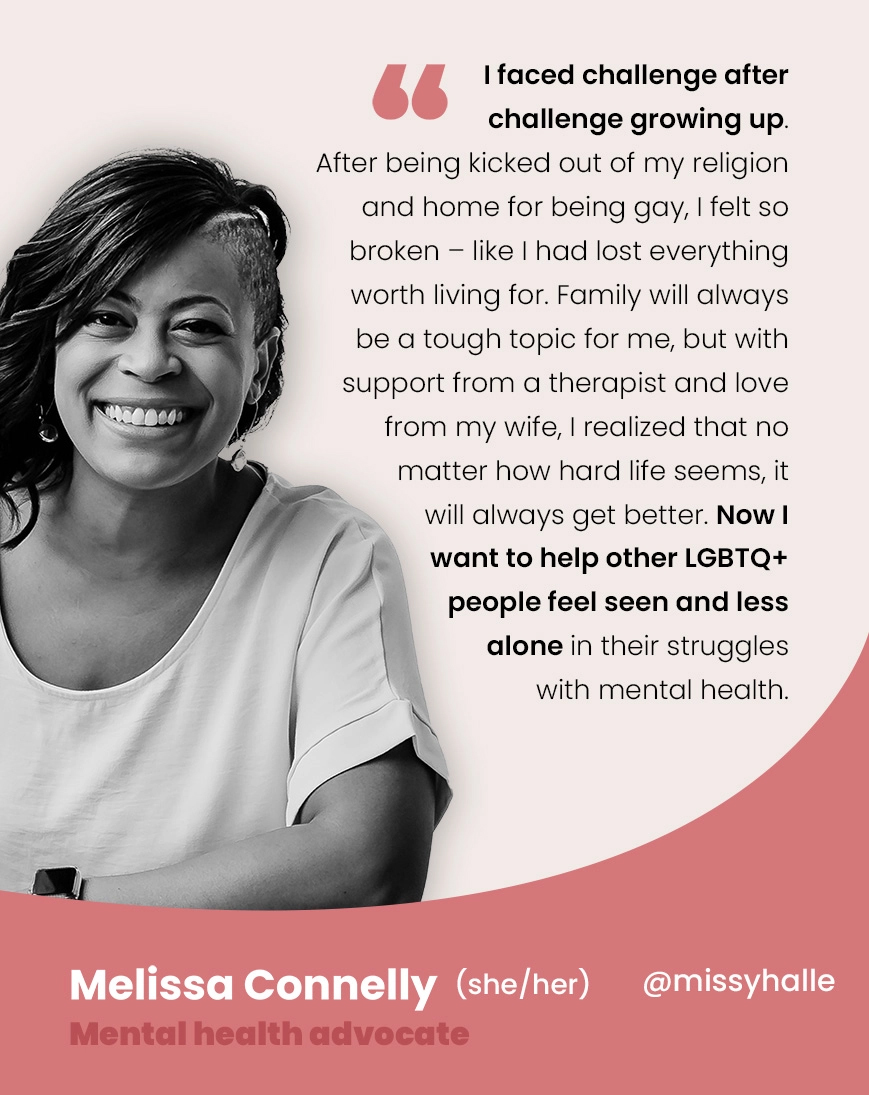
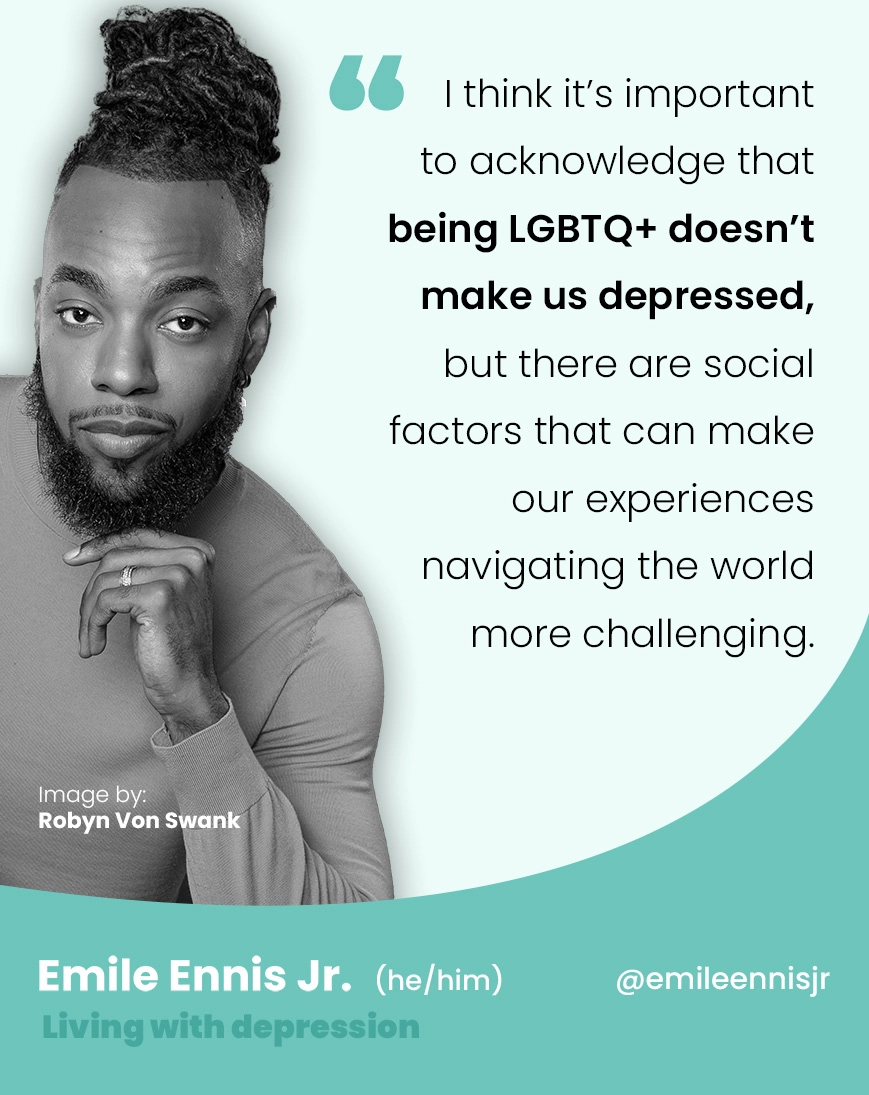
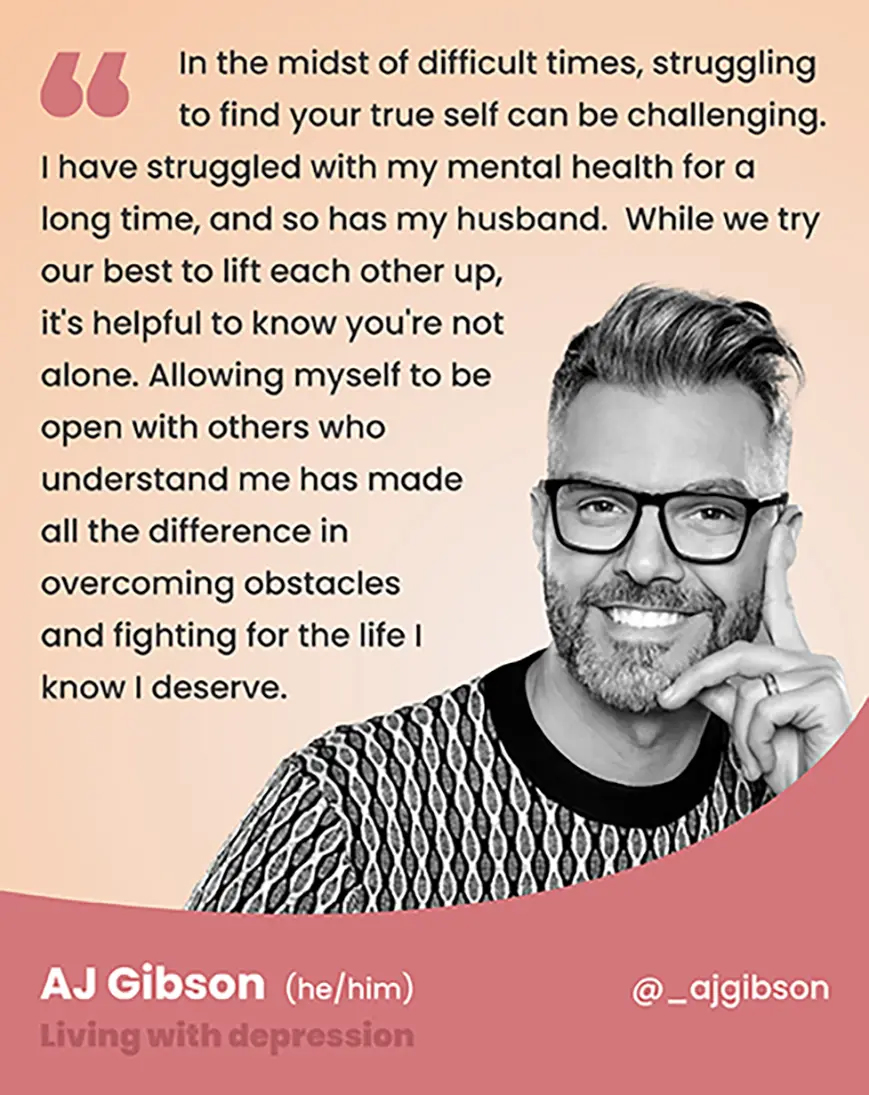
There are important things to consider when seeking LGBTQIA+ care. Here are a few steps to find a mental health professional.
Step 1: Define Your Needs
- Consider whether you prefer a provider who shares parts of your own identity. If so, read their profile or websites to see if they would be a good match for your needs.
Step 2: Get Referrals
- Check the directories in the DCHHS “Local Resources” tab above. You can also check with local LGBTQIA+ community centers and health centers to see their recommended provider lists.
Step 3: Make the Call
- If making the initial call feels challenging, consider asking a friend or a family member for help. Ask providers about their experience working with LGBTQIA+ patients early on in your conversation.
Step 4: Ask Questions
- Providers welcome questions from their patients to better understand what is important in your treatment. During the first visit, ask about the provider’s experience with LGBTQIA+ clients.
Step 5: Build a Relationship
- It may take time to find the right fit but be clear about your needs to find a provider who can respectfully support your journey. Remember, you are seeking a person that is going to help you improve your mental health. This is a big step, and it is important to find someone you can trust and feel safe around.
For more information, visit https://www.nami.org/
QUICK LINKS
LOCATIONS
EMPLOYEES
-
You must be on the network to see these links.


